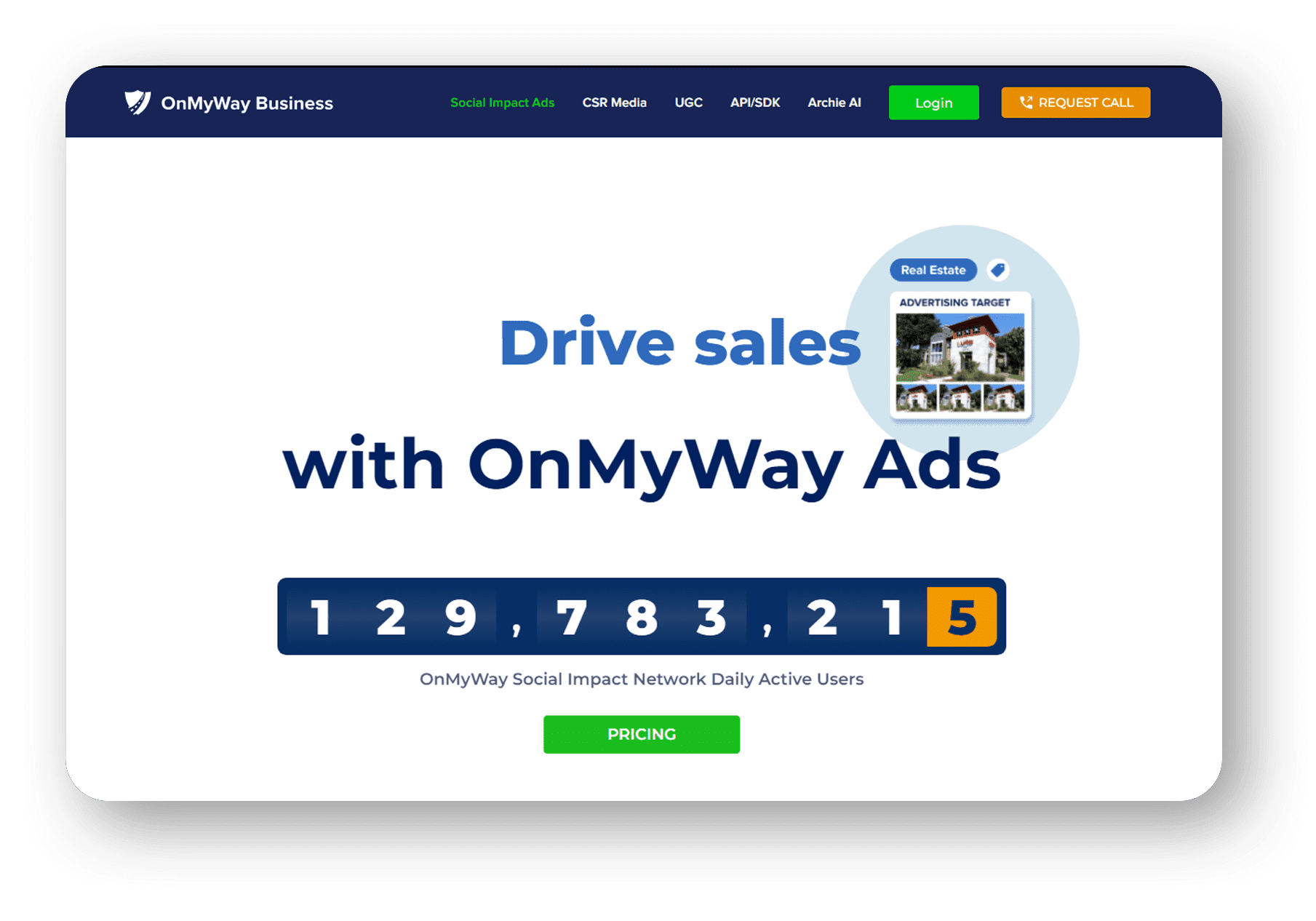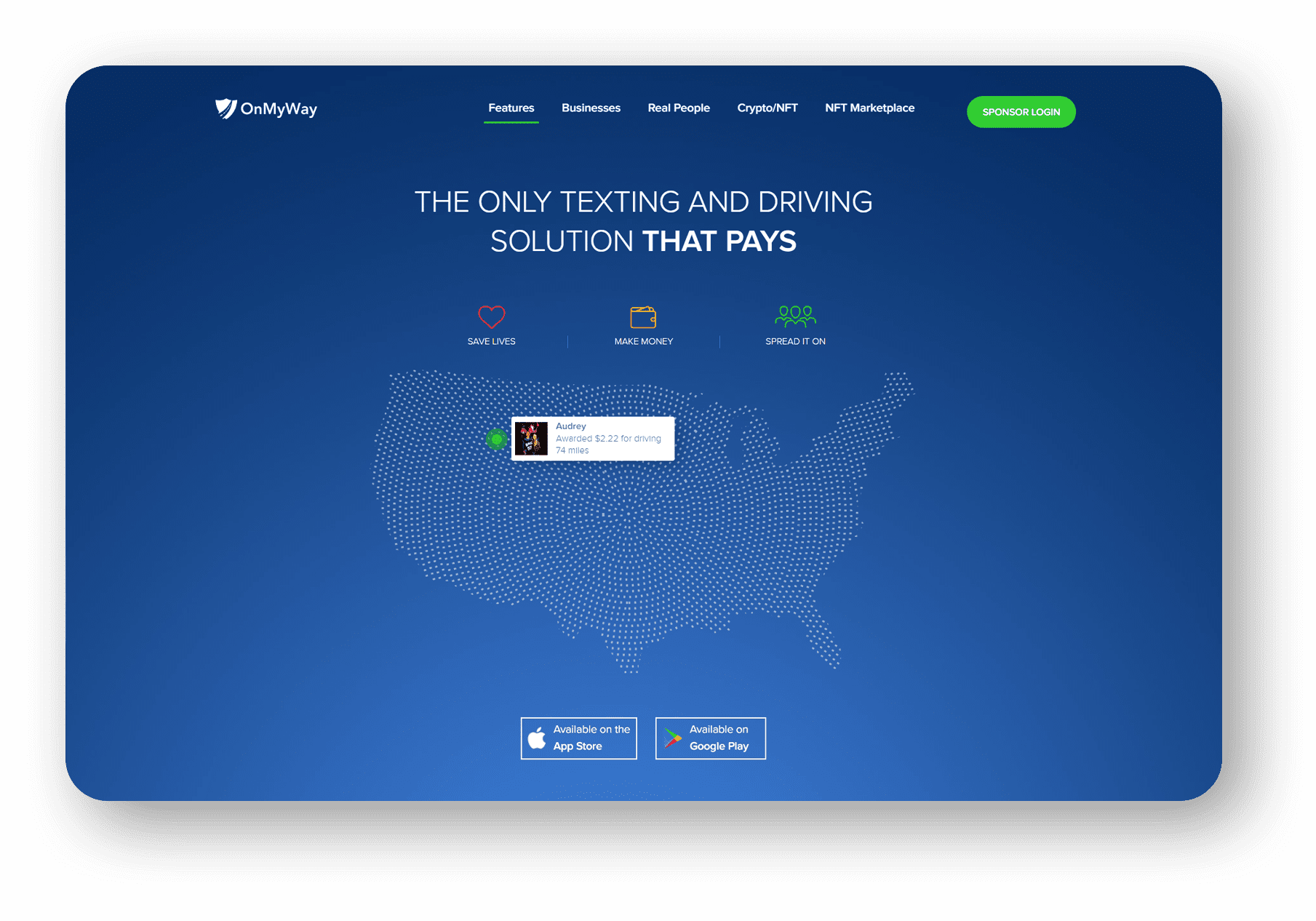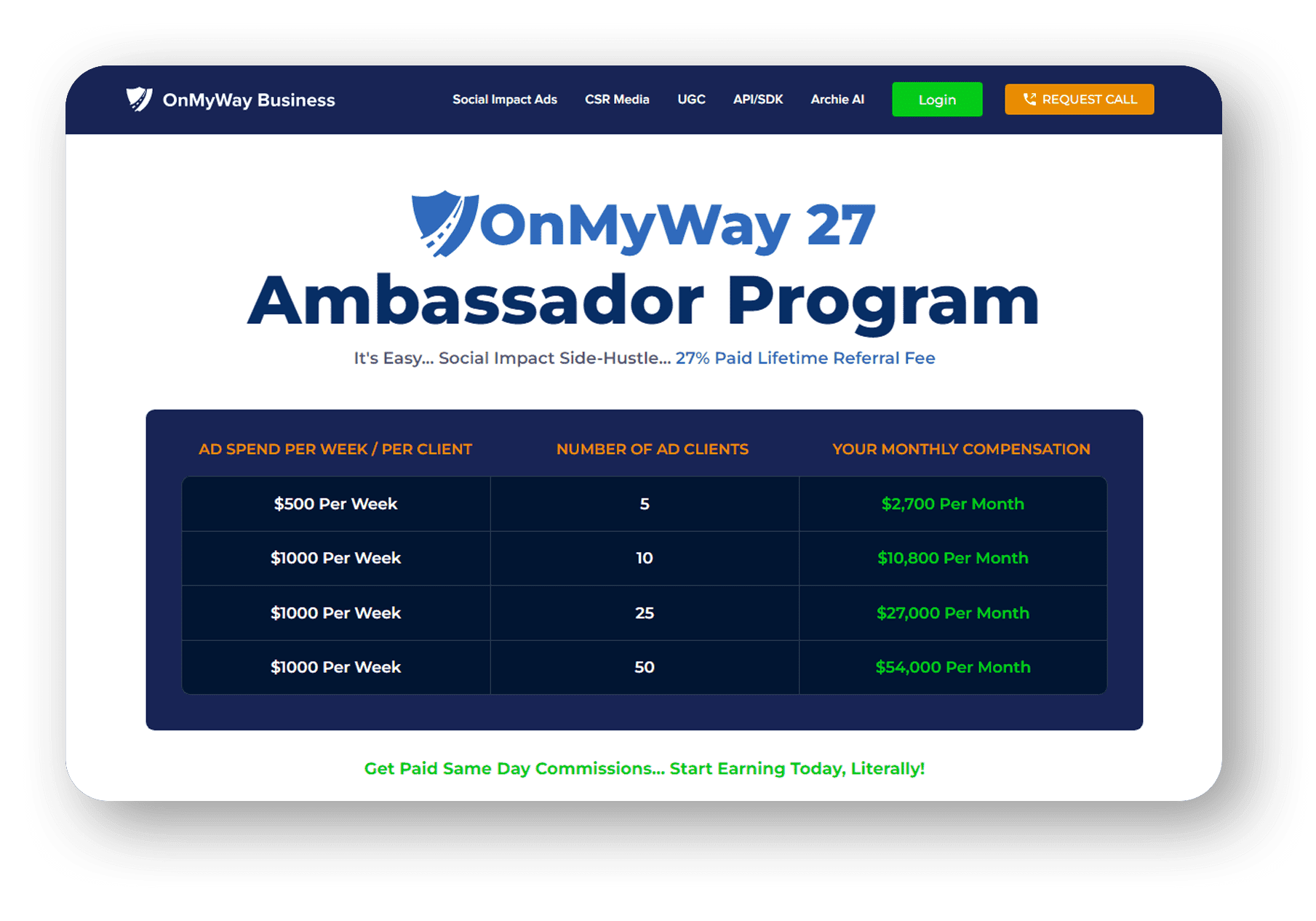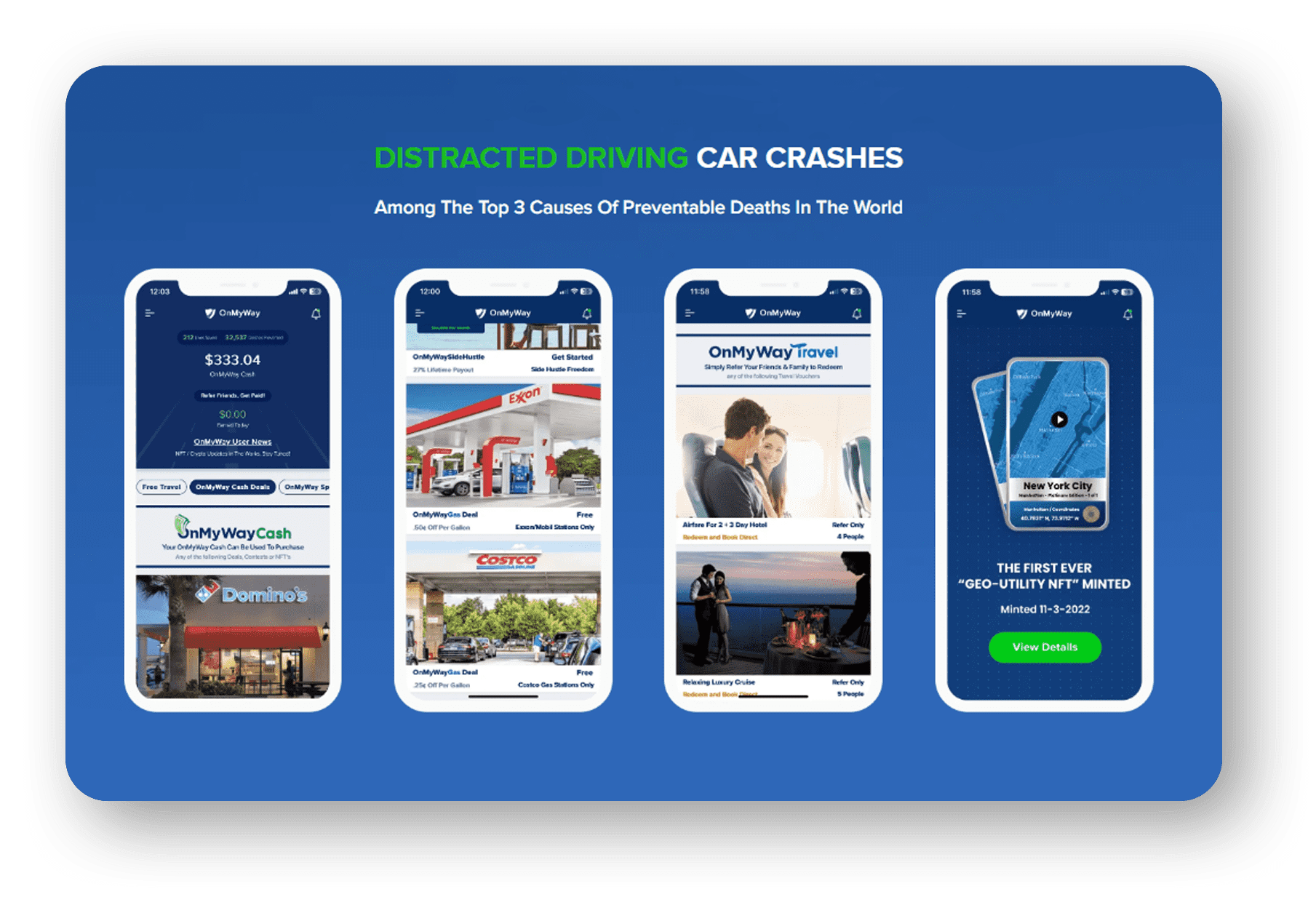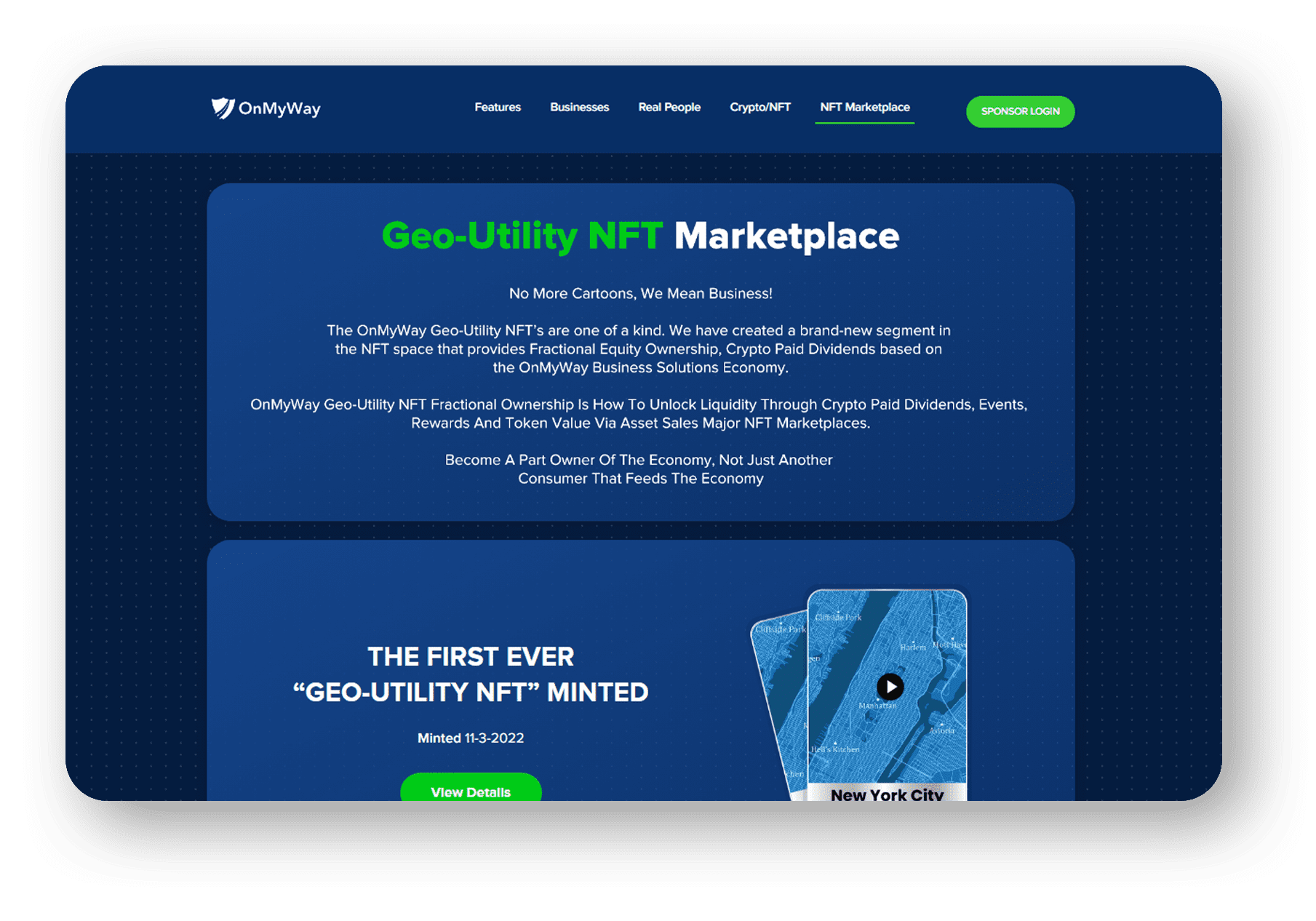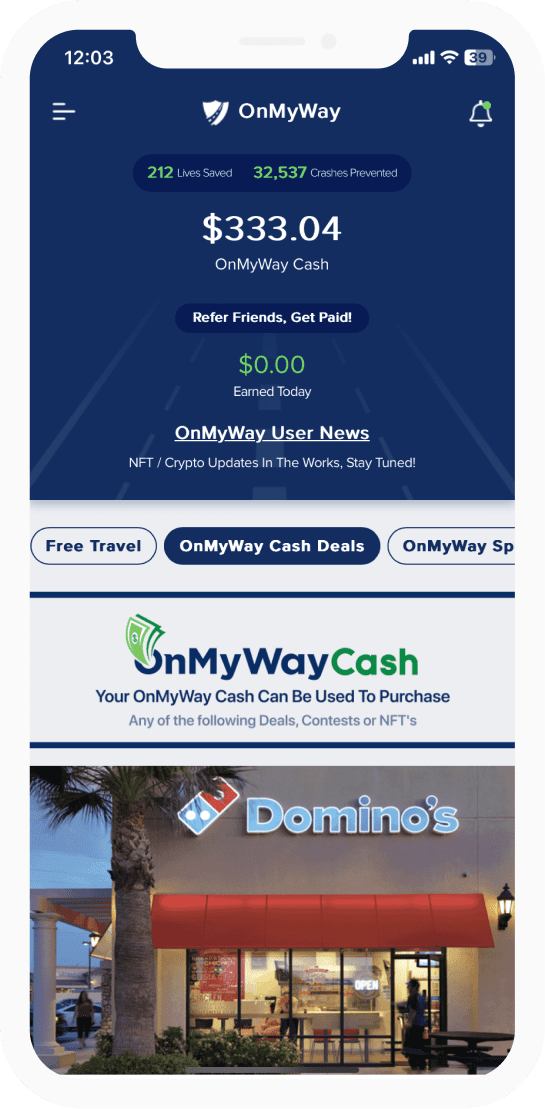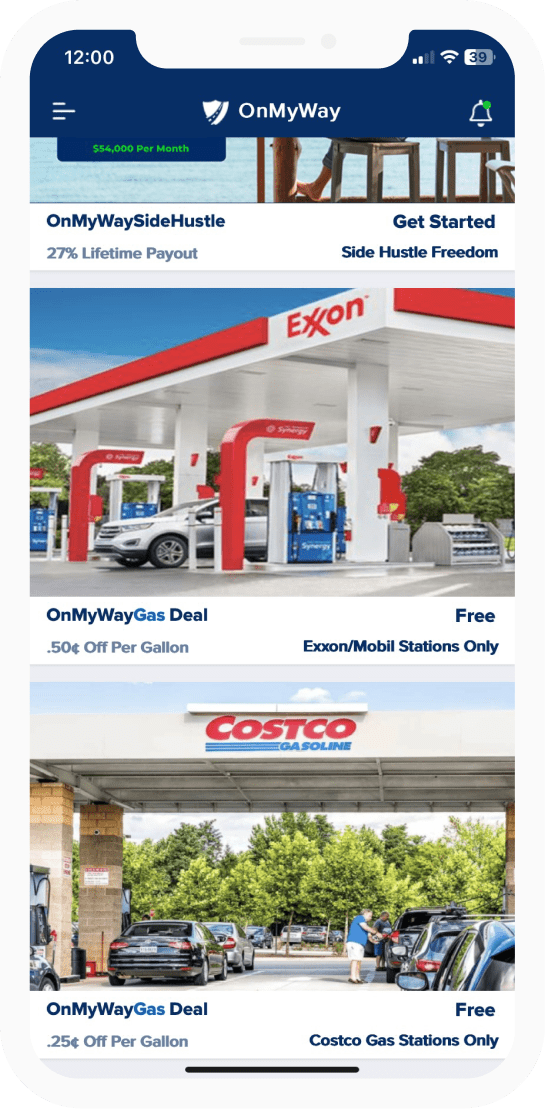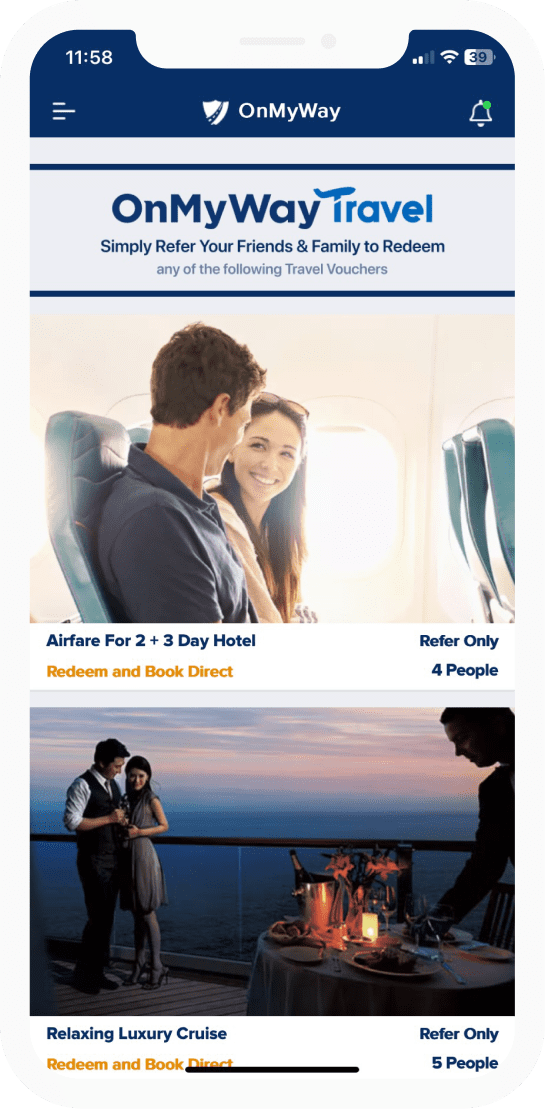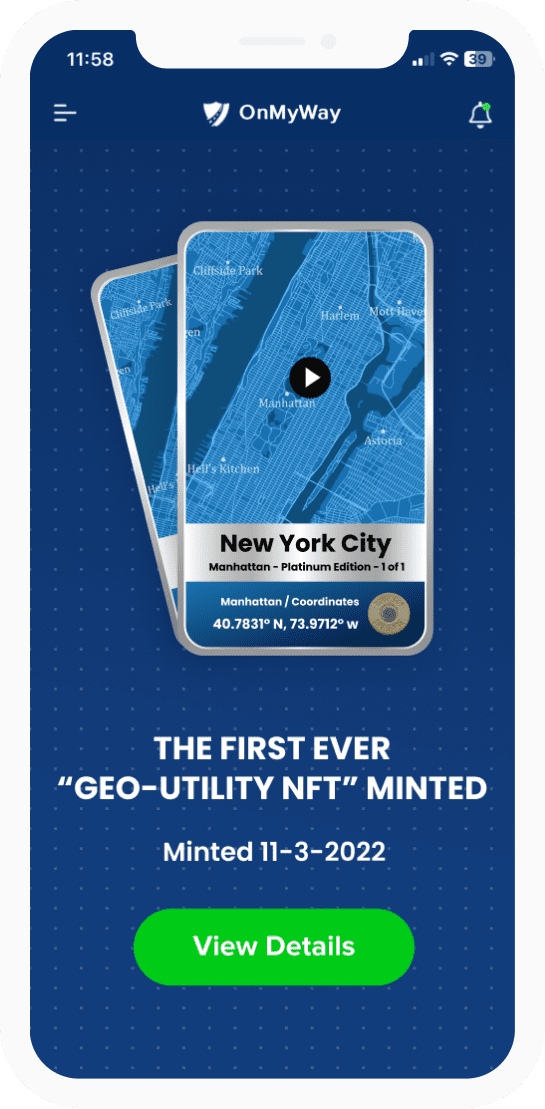
Just hours before US markets opened on Monday, regulators seized First Republic Bank and sold all of its deposits and most of its assets to JPMorgan Chase. The move aims to stem fears of further turmoil in the US financial sector following the collapses of two other midsize banks —Silicon Valley Bank and Signature Bank — in early March.
Under the deal brokered by the Federal Deposit Insurance Corporation, clients will have full access to their deposits, and JPMorgan will share losses on its loans. The FDIC, which insures individual deposits up to $250,000, will take a $13 billion hit to its insurance fund.
When the US banking crisis erupted almost two months ago, 11 big US banks swooped in to save FRB by injecting $30 billion to shore up investor confidence. But the bank’s dismal quart
“In carrying out this transaction, JPMorgan Chase is supporting the US financial system through its significant strength and execution capabilities,” the bank said in a statement.
The FDIC took control of the embattled First Republic and then immediately announced the sale. The failure will cost the FDIC about $13 billion. That money will be paid by the nation’s banks, which pay premiums to support the agency.
A sale price was not disclosed in a statement from the FDIC, which conducted an auction among several banks to see which would end up with First Republic’s assets. Then came hours of waiting for news about which bid was successful.
Health of the regional banking sector
The move represents the latest effort by federal regulators to prop up consumer confidence in the US banking system, which has suffered three major bank failures in the last seven weeks. Silicon Valley Bank and Signature Bank both were taken over by the FDIC last month following runs on those banks by their customers.
The collapse of those banks sparked weeks of speculation about the health of US regional banks, especially those with a largely uninsured deposit base.
Deposits at First Republic will continue to be insured by the FDIC, and “customers do not need to change their banking relationship in order to retain their deposit insurance coverage up to applicable limits,” the agency said in its statement Monday.
“As part of the transaction, First Republic Bank’s 84 offices in eight states will reopen as branches of JPMorgan Chase Bank, National Association, today during normal business hours,” it noted.
The FDIC added that avoiding a takeover by the agency would “minimize disruptions for loan customers.”
Jonathan McKernan from the FDIC Board of Directors released a statement early Monday regarding First Republic Bank’s collapse.
“I am pleased we were able to deal with First Republic’s failure without using the FDIC’s emergency powers. It is a grave and unfortunate event when the FDIC uses these emergency powers,” said McKernan. “Any decision to use the FDIC’s emergency powers should be approached skeptically, taking into account the unique facts and circumstances of the time, and with careful attention to the implications for the future.”
First Republic’s failure comes after collapses of Silicon Valley Bank and Signature Bank in March
In March, federal regulators swept in to protect customers of Silicon Valley Bank and Signature Bank. Citing potential risk to the broader financial system, they took unprecedented action to insure all deposits at the two banks — even deposits that exceeded the FDIC’s $250,000 threshold for insurance.
The government protected bank customers, but it didn’t bail out shareholders who were wiped out.
After Silicon Valley Bank and Signature Bank were taken into receivership, the FDIC solicited bids to buy the two lenders. A subsidiary of New York Community Bank bought most of Signature Bank, and First Citizens Bank acquired Silicon Valley Bank.
The twin failures of Silicon Valley Bank and Signature Bank threatened to spark more bank runs. By and large, deposits have stabilized, according to recent earnings reports.
“That fear, that mass exodus that people were concerned about just didn’t happen,” says Jared Shaw, a bank analyst at Wells Fargo Securities, who notes lenders were proactive.
“One of the things that the banks did a great job with was reaching out to their customers, explaining their balance sheets, and explaining where their liquidity comes from.”
That seemed to calm nervous customers and investors. First Republic was the exception.
First Republic shares tumbled last week
First Republic’s death spiral began in earnest last Monday, when it announced that it had lost $100 billion worth of deposits during the first three months of the year.
On Friday, shares closed at $3.51 — down more than 97% year to date.
The San Francisco-based bank, which was founded in 1985, mostly catered to wealthy clients, offering home mortgages and commercial loans.
First Republic first came under intense scrutiny after Silicon Valley Bank and Signature Bank collapsed. Yet 11 of the country’s biggest banks, led by JPMorgan, threw First Republic a lifeline when they deposited $30 billion in it.
Those moves ultimately failed to convince Wall Street, and customers continued to withdraw their money.
First Republic attempted to sell itself but found few takers, leaving a government-led rescue as the only available option.
The FDIC actions come as regulators themselves have been under scrutiny about whether they could have done more to prevent the failures of Silicon Valley Bank and Signature Bank.
On Friday, the Federal Reserve and the FDIC issued reports on what led to the collapses of those two lenders. They blamed management while admitting they could have done more to oversee the banks.
The FDIC is scheduled to release another report on Monday, including proposed changes to deposit insurance.
OVERVIEW
OnMyWay Is The #1 Distracted Driving Mobile App In The Nation!
OnMyWay, based in Charleston, SC, The Only Mobile App That Pays its Users Not to Text and Drive.
The #1 cause of death among young adults ages 16-27 is Car Accidents, with the majority related to Distracted Driving.
OnMyWay’s mission is to reverse this epidemic through positive rewards. Users get paid for every mile they do not text and drive and can refer their friends to get compensated for them as well.
The money earned can then be used for Cash Cards, Gift Cards, Travel Deals and Much, Much More….
The company also makes it a point to let users know that OnMyWay does NOT sell users data and only tracks them for purposes of providing a better experience while using the app.
The OnMyWay app is free to download and is currently available on both the App Store for iPhones and Google Play for Android @ OnMyWay; Drive Safe, Get Paid.
Download App Now – https://r.onmyway.com

OnMyWay is the Only Texting and Driving Solution That Pays
Trusted and 



